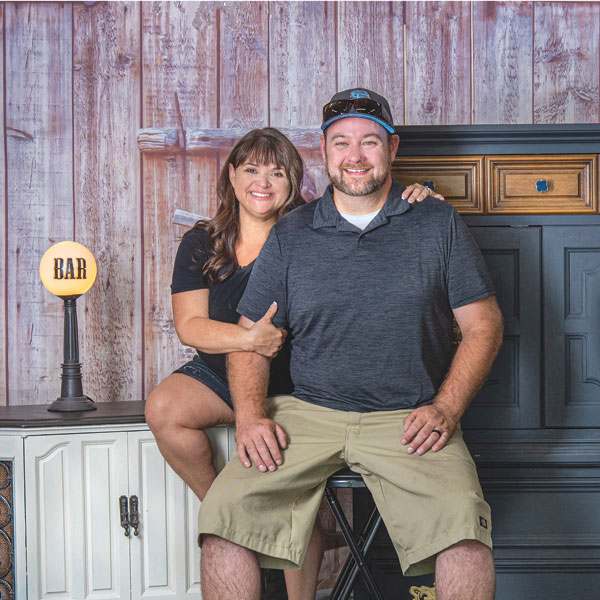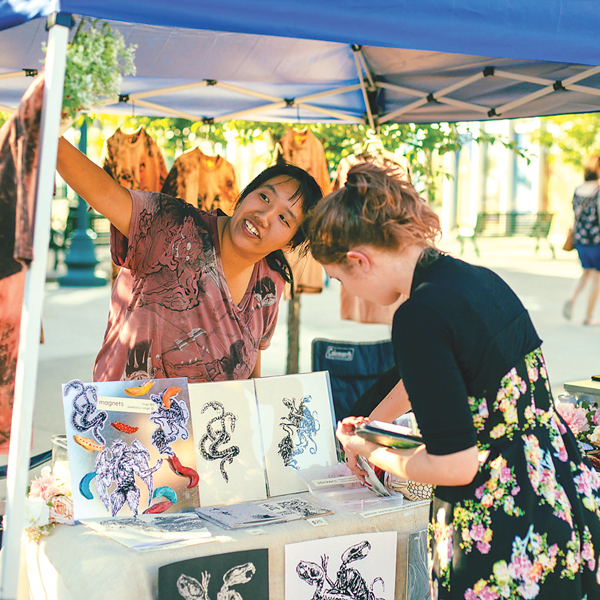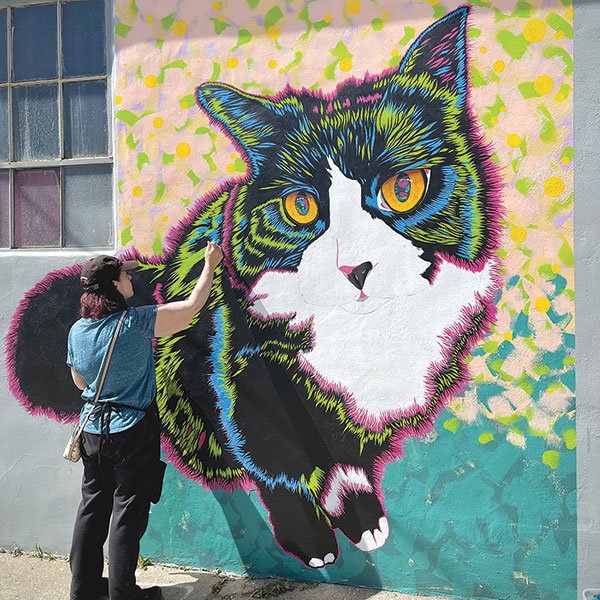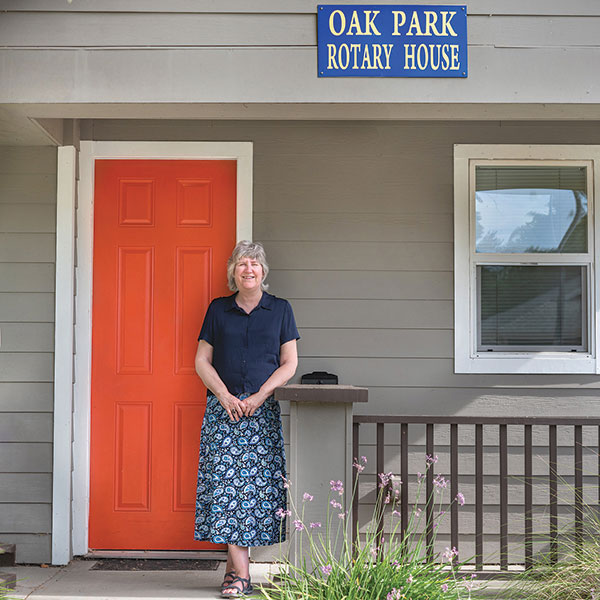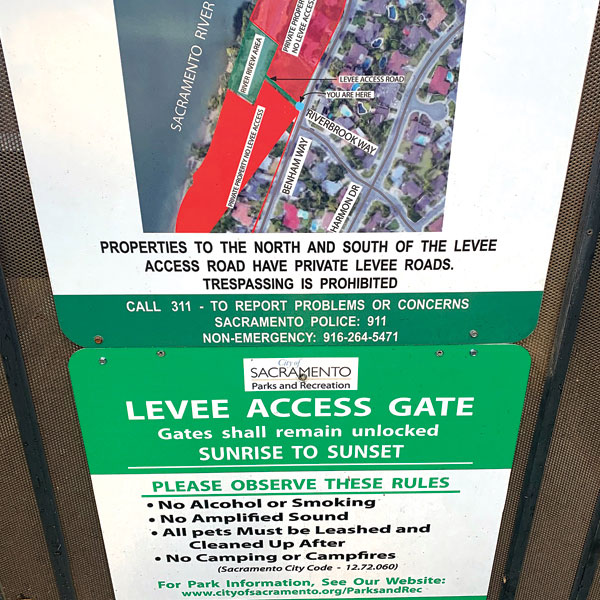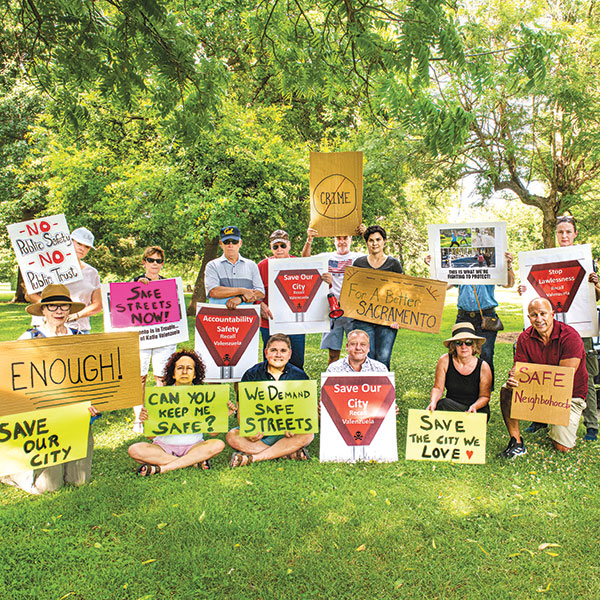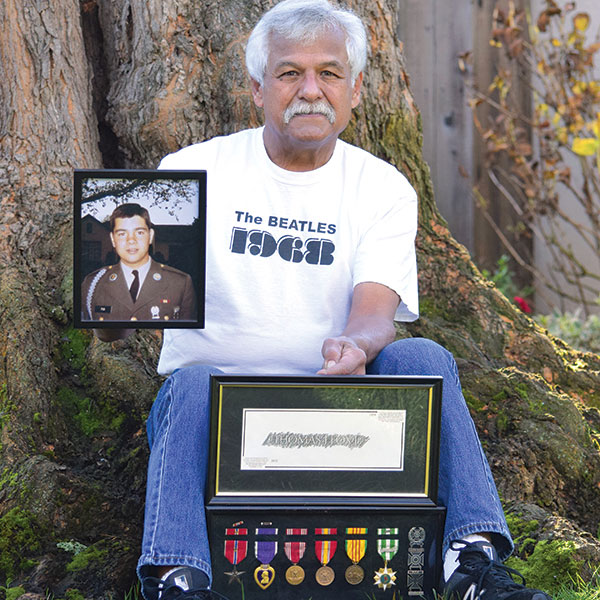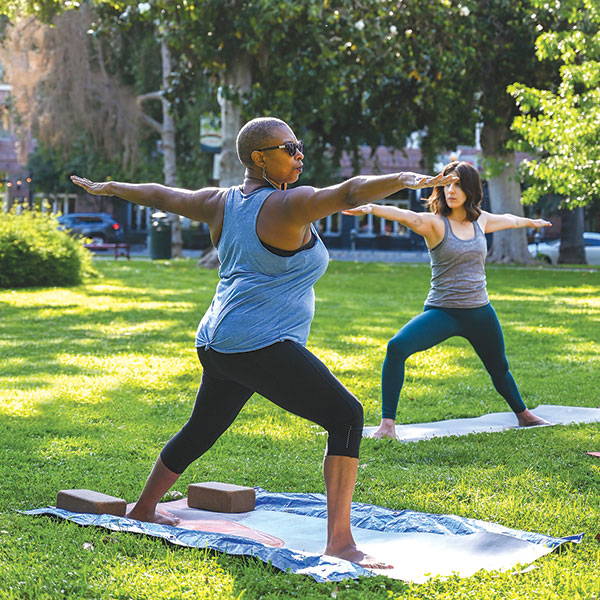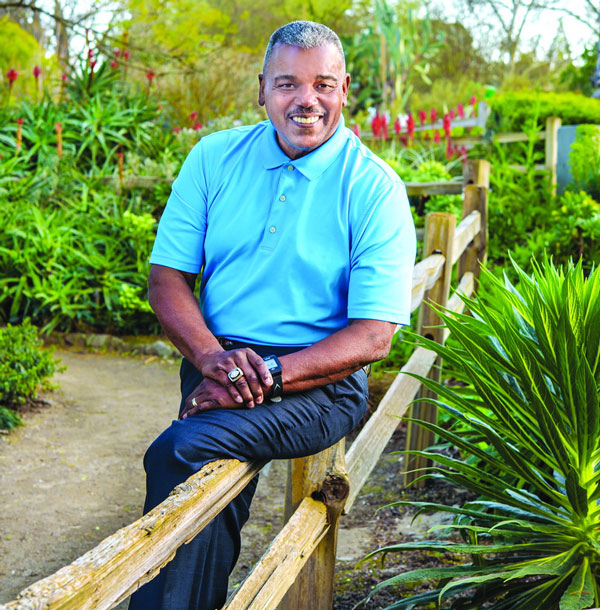City, County and Neighborhood News
Local News
Pocket Life August 2022
Find out what is going on in Pocket during the month of August!
Out & About August 2022
Find out what is happening in Sacramento during the month of August!
Out And About July 2022
Find out what is going on in Sacramento during the month of July!
Legacy Of Fear
At some point the city will hold meetings in Pocket and tell residents what’s going on with the Sacramento River Parkway and levee bike trail. I’ve heard city authorities talk about these meetings, but only in a tentative way. Nobody knows when they will happen.
But I have a good idea how they will unfold. Something like this:
City Council member Rick Jennings will acknowledge the promise made in 1975 to build the levee parkway. He will offer excuses for the half-century delay and explain the need to respect concerns of people who bought homes along the levee.
‘Where Do I Sign?’
More than 300 strong, they knock on doors and talk about the trouble with Katie Valenzuela.
They describe Valenzuela’s support of squatters in a vacant Land Park home. They dissect her refusal to help clear homeless camps near Sutter Middle School.
They want Valenzuela gone from the City Council.
Out and About June 2022
Find out what is going on in Sacramento during the month of June!
No Opposition
There are two good reasons why Rick Jennings has no opponent in this month’s City Council primary election. First, nobody thought they could gather endorsements, raise money, knock on doors and convince voters to throw him out. Second, he’s done a decent job for eight years.
Since winning the seat for Pocket, Greenhaven, Valley Hi and Delta Shores in 2014, Jennings cleaned up parks, filled empty storefronts and prevented homeless blight. He made progress on the Sacramento River Parkway, though you need a microscope to measure advancement on a treasure promised in 1975.

